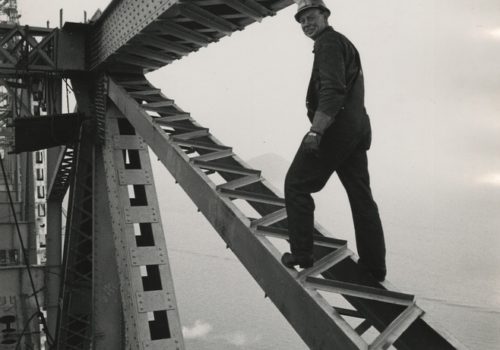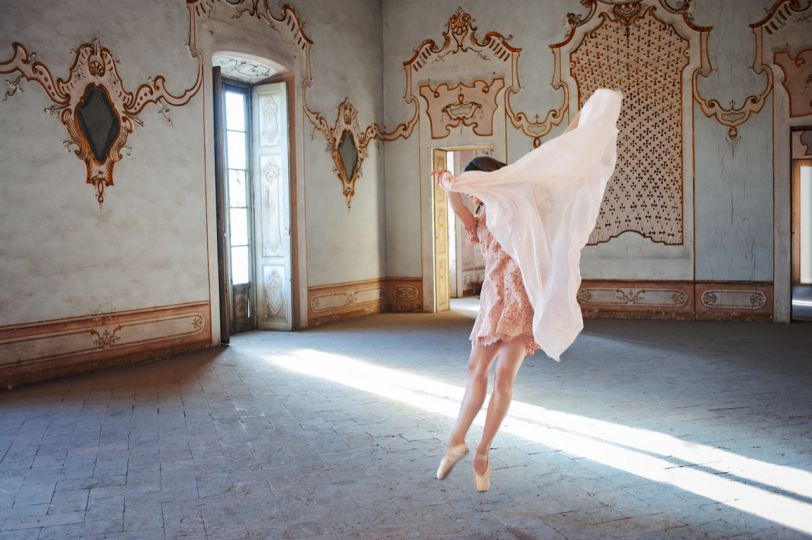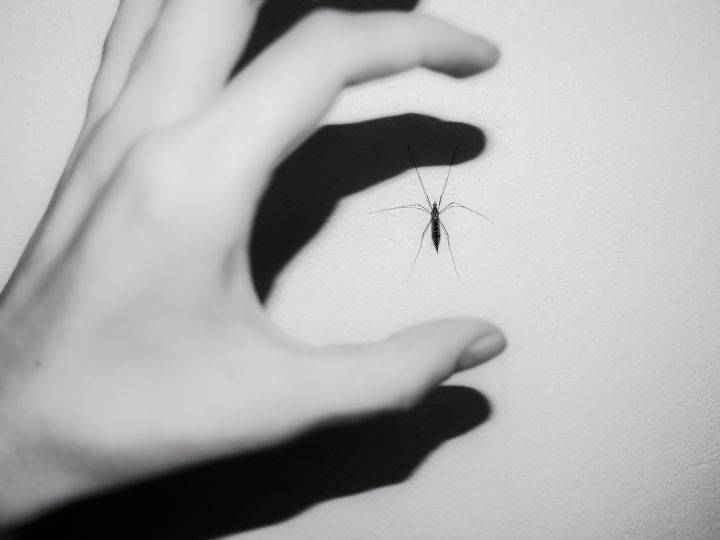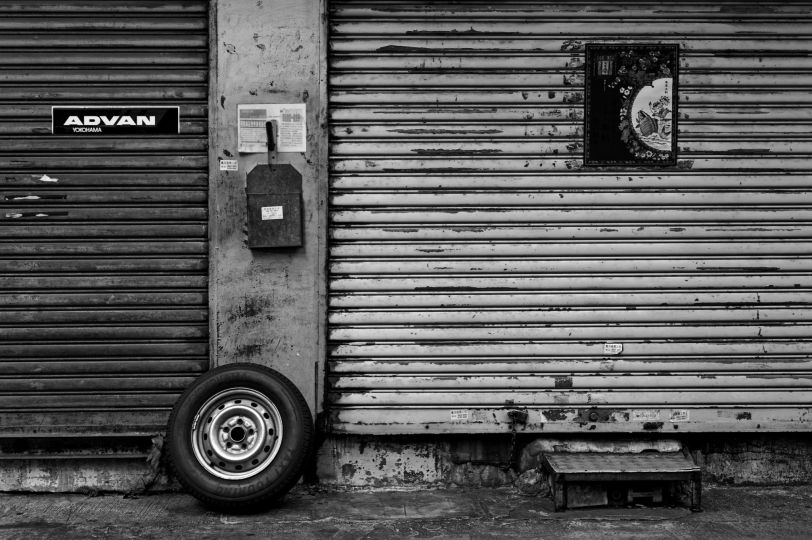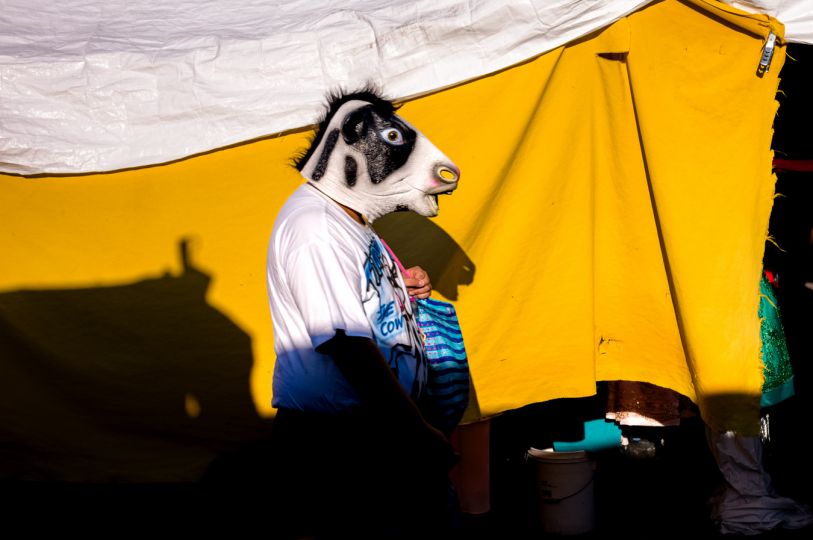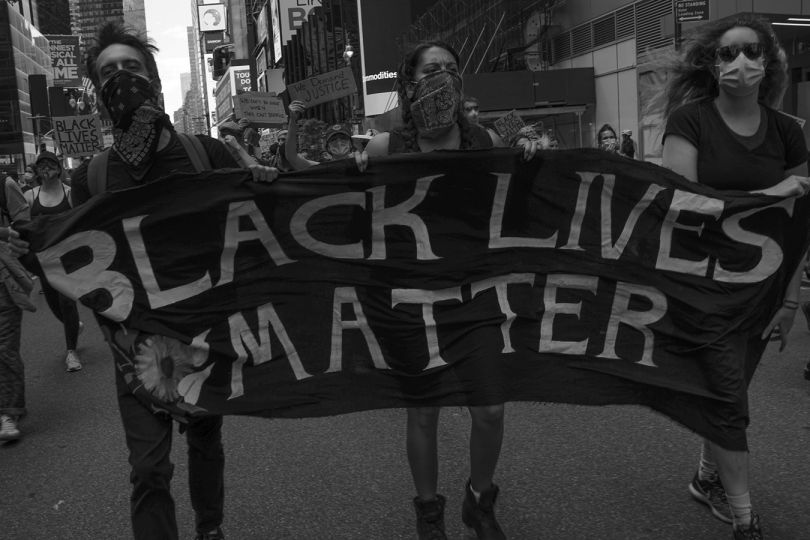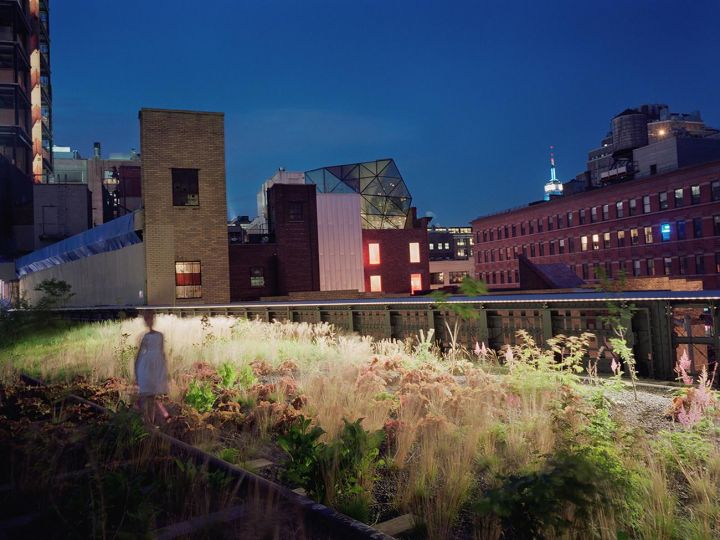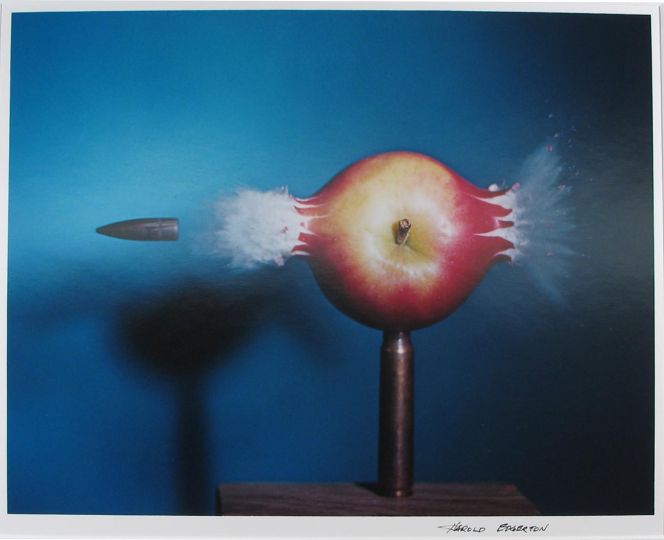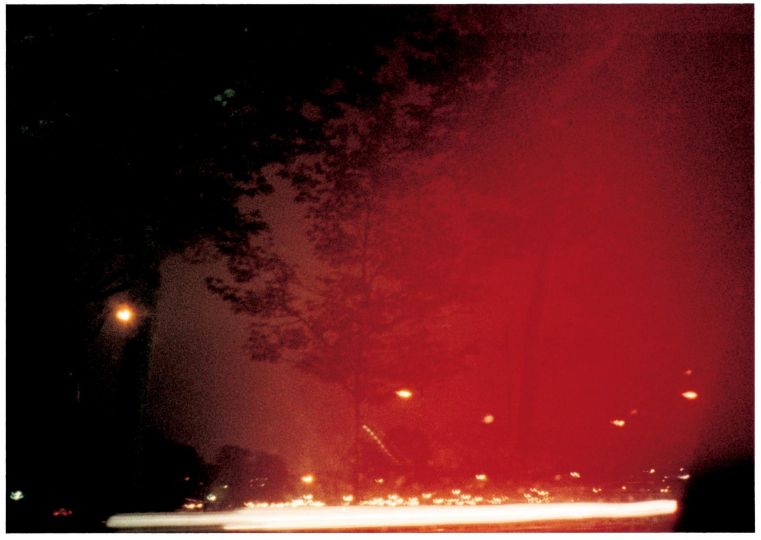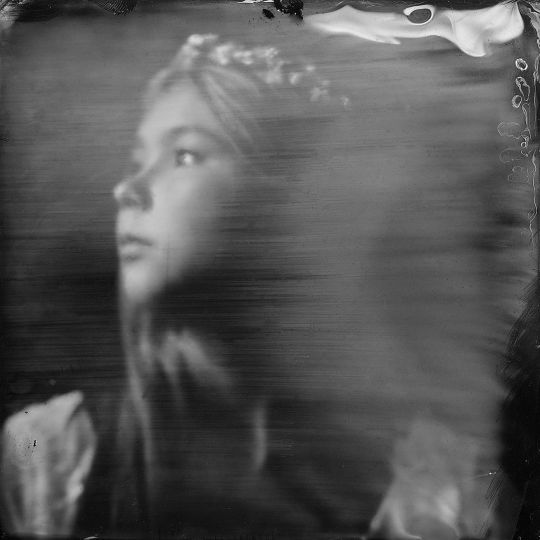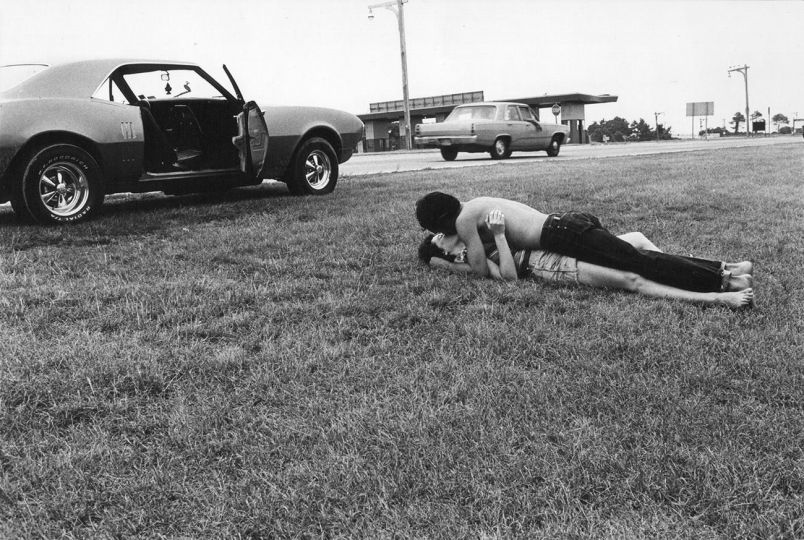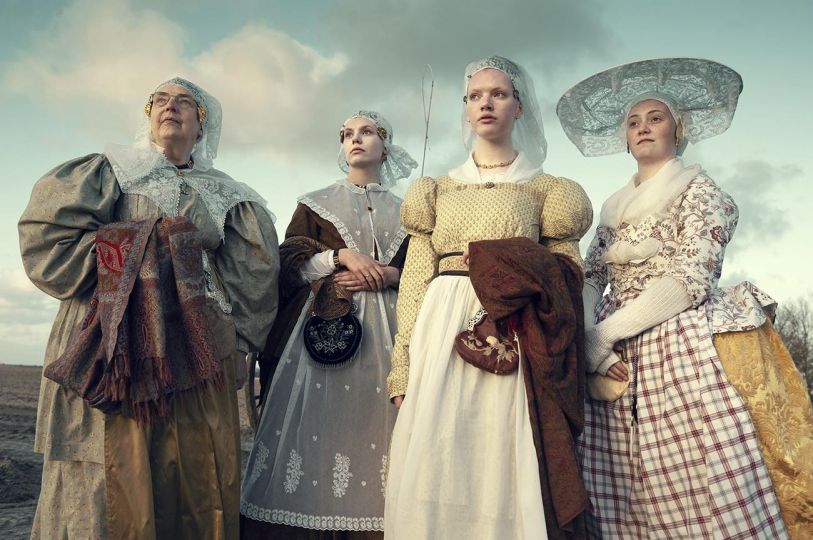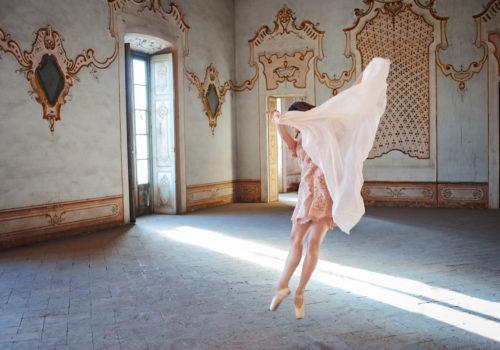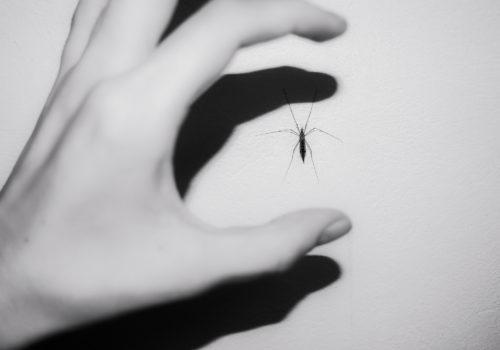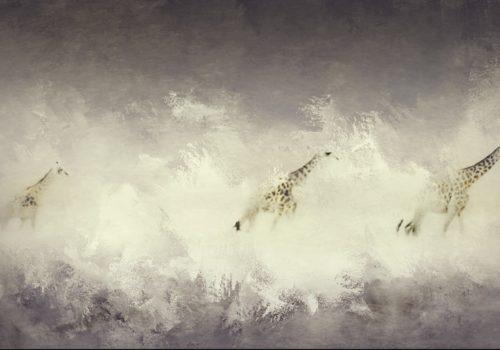Grey skies of crystal. A bizarre design of bridges, now straight, now curved, and others descending in oblique angles to meet the former, and these patterns repeating themselves in other well-lit windings of canal, but all so long and weightless that the shores, weighted with domes, sink and contract. Some of these bridges are still covered with hovels. Others bear masts, signals, frail parapets. Minor chords interlace, and fade; ropes rise from the banks. You distinguish a red coat, other clothes perhaps and musical instruments. Are those popular airs, snatches from noble concerts, the remains of public anthems? The water is grey and blue, wide as an arm of the sea. A white ray, falling from on high, annihilates this comedy. – Arthur Rimbaud, “Les Ponts” [The Bridges], Illuminations, 1873
And the engine, free from all guidance rolled on and on. At last the restive, whimsical thing could give way to the transports of youth, and gallop across the even country like some unbroken filly escaped from the hands of its groom. The boiler was full of water, the coal which had just been renewed in the fire-box, was aglow; and during the first half-hour the pressure went up tremendously, while the speed became frightful. Probably the headguard, overcome with fatigue, had fallen asleep. The soldiers, whose intoxication increased through being packed so closely together, suddenly became amused at this rapid flight of the train, and sang the louder. Maromme was passed in a flash. The whistle no longer sounded as the signals were approached, and the stations reached. This was the straight gallop of an animal charging, head down and silent, amidst the obstacles. And it rolled on and on without end, as if maddened more and more by the strident sound of its breath. – Émile Zola, La Bête humaine [The Monomaniac], 1890
But all the attention of Roubaud was centred on the 3.25 train for Caen, already full of passengers and awaiting its locomotive, which he could not see, for it had stopped on the other side of the Pont de l’Europe. He could only hear it asking for permission to advance, with slight, hurried whistles, like a person becoming impatient. An order resounded. The locomotive responded by one short whistle to indicate that it had understood. Then, before moving, came a brief silence. The exhaust pipes were opened, and the steam went hissing on a level with the ground in a deafening jet. He then noticed this white cloud bursting from the bridge in volume, whirling about like snowy fleece flying through the ironwork. A whole corner of the expanse became whitened, while the smoke from the other engine expanded its black veil. – Émile Zola, La Bête humaine [The Monomaniac], 1890
Talk of surprises! Just imagine, that city was standing absolutely erect. New York was a standing city. Of course we’d seen cities, fine ones too, and magnificent seaports. But in our part of the world cities lie along the seacoast or on rivers, they recline on the landscape, awaiting the traveler, while this American city had nothing languid about her, she stod there as stif as a board, not seductive at all, terrifyingly stif. – Louis-Ferdinand Céline, Journey to the End of the Night, 1932
Like some colossal and nocturnal hope;
She rears up: desire, grandeur, dread;
Her light casts beams to the heavens,
Her myriad lamps flare up in bushes of gold,
Her rails are audacious pathways
Towards a deceptive bliss
Attended by fortune and force;
Her walls are lined up like an army
And that which issues from her still in fog and smoke
In clear appeals reaches the country. – Émile Verhaeren, Les villes tentaculaires [Tentacled towns], 1895
Texts & Photos Courtesy Les Douches la Galerie
Les Douches la Galerie
5, rue Legouvé 75010 Paris
01.78.94.03.00
www.lesdoucheslagalerie.com

